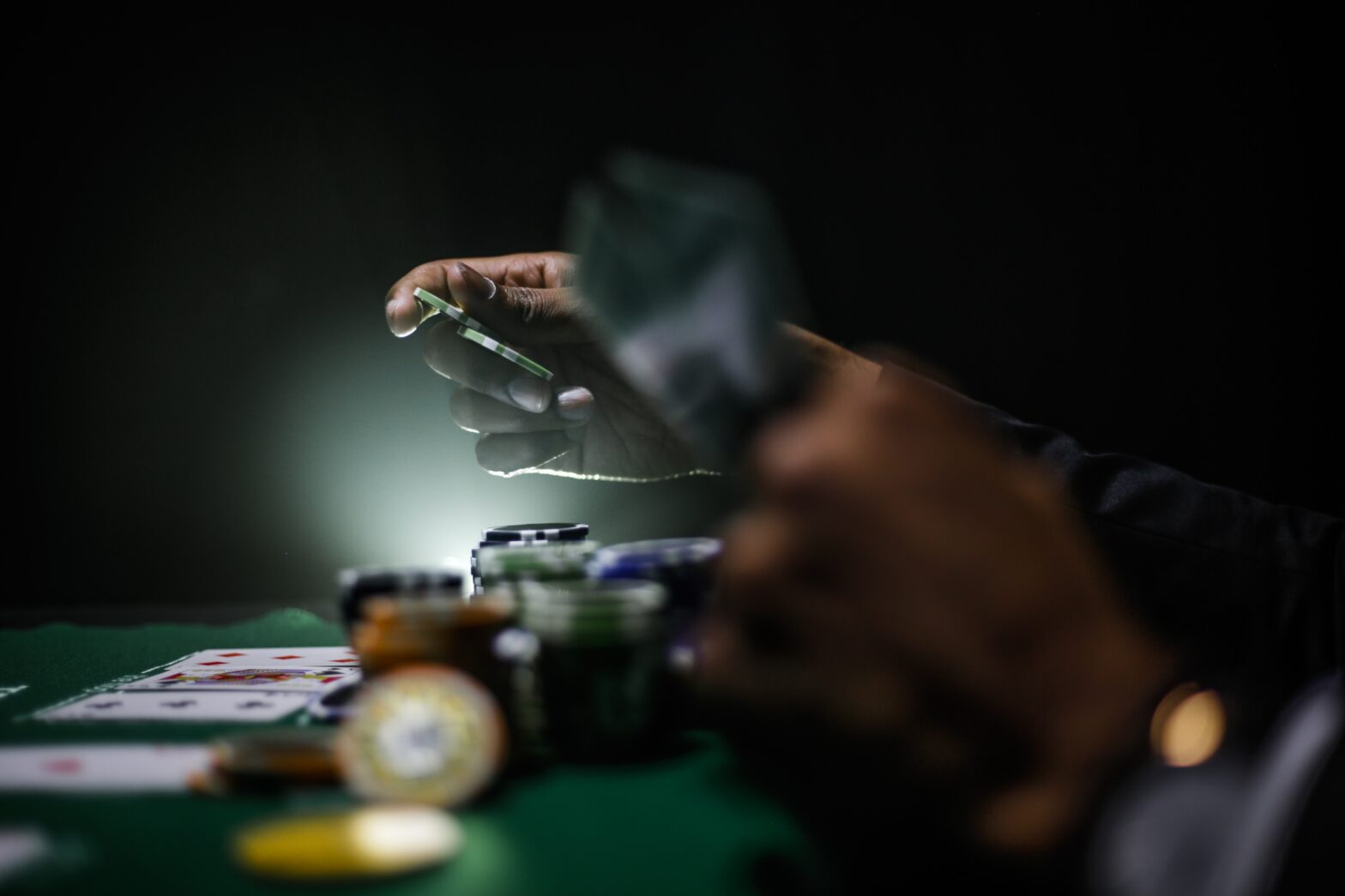Gambling addiction is a serious behavioral addiction that can lead to significant negative consequences in a person’s life. According to the Diagnostic and Statistical Manual of Mental Disorders, Fifth Edition (DSM-V), gambling disorder is characterized by a preoccupation with gambling, difficulty controlling gambling, and negative impacts on relationships, career, and financial well-being. If left untreated, gambling disorder can have a devastating impact on a person’s mental health, finances, and relationships. Read on to learn more.
The good news is that treatment for gambling addiction is available. The first step is to seek help from a qualified mental health professional. Treatment for gambling disorder typically involves a combination of therapy, support groups, and medication.
Therapy is a common treatment option for gambling addiction. Cognitive-behavioral therapy (CBT) is one type of therapy that has been shown to be effective in treating gambling disorder. CBT helps individuals identify the underlying thoughts and beliefs that contribute to their gambling behavior and develop coping strategies to manage those thoughts and beliefs. It can also help individuals learn to manage urges to gamble and develop new, healthier habits.
Support groups can also be a helpful part of treatment for gambling addiction. Gamblers Anonymous is a popular support group that is modeled after Alcoholics Anonymous. It provides a supportive environment for individuals to share their experiences with gambling addiction and receive support from others who have gone through similar experiences.
In some cases, medication may also be used to treat gambling addiction. Antidepressants and mood stabilizers have been shown to be effective in treating the underlying mental health issues that can contribute to gambling disorder, such as depression and anxiety.
It’s important to note that recovery from gambling addiction is a process that takes time and effort. It’s not a quick fix, but with the right treatment, individuals with gambling disorder can learn to manage their urges to gamble and lead a healthy, fulfilling life.
In addition to seeking professional help, there are steps individuals with gambling addiction can take to manage their behavior. For example, setting limits on gambling, avoiding triggers that can lead to gambling behavior, and finding alternative activities to fill the time and energy spent on gambling can be helpful strategies.
In summary, gambling addiction is a serious behavioral addiction that can have significant negative impacts on a person’s life. Treatment for gambling disorder typically involves a combination of therapy, support groups, and medication. Seeking help from a qualified mental health professional is an important first step in the recovery process. With proper treatment and support, individuals with gambling addiction can learn to manage their urges to gamble and lead a healthy, fulfilling life.
If you’re struggling with controlling your urges to gamble, contact us to seek treatment now!


